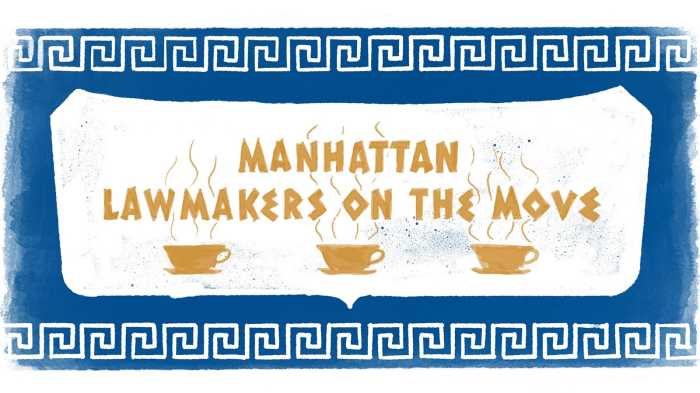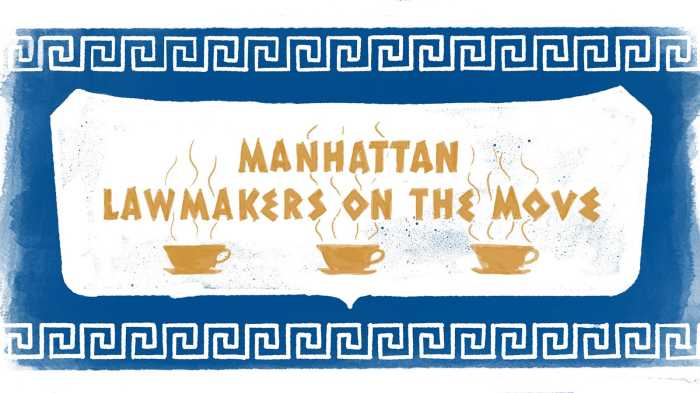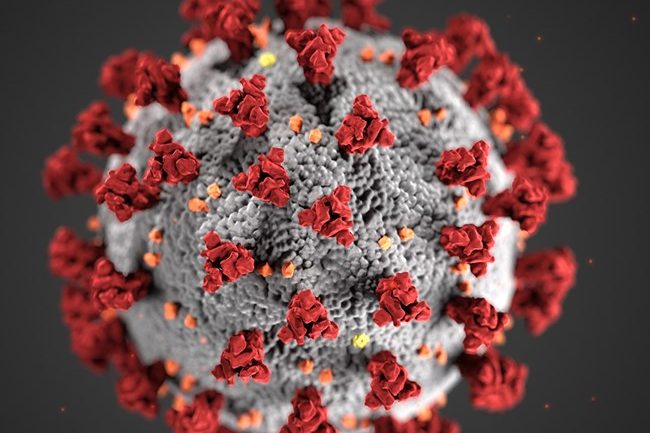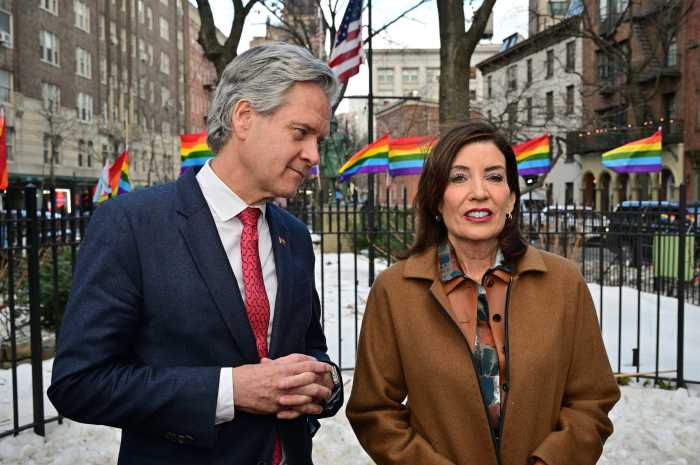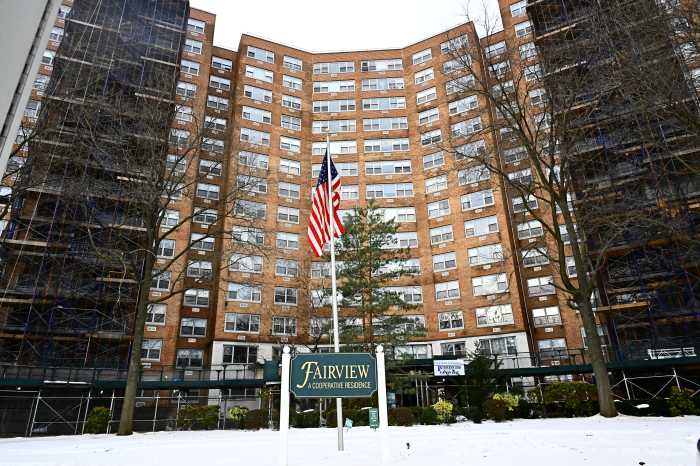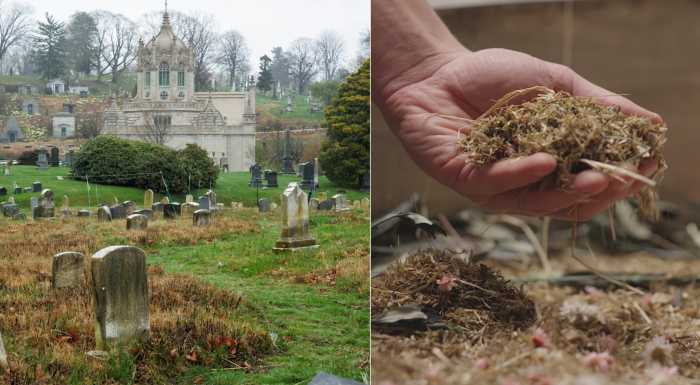As Eric Dinowitz (D) prepares to cement the New York political dynasty his father, Assemblymember Jeffrey Dinowitz (D-Riverdale, Kingsbridge, Woodlawn) founded by succeeding City Councilmember Andrew Cohen (D-Riverdale, Kingsbridge, Woodlawn), he may find that his victory will not come easy.
Dionel “Dio” Then (D) of Riverdale has challenged the younger Dinowitz for Cohen’s seat after his term ends. He is the second candidate to issue a challenge to Dinowitz, after former Bronx Community Board 8 chair Dan Padernacht (D).
Then, an alumnus of Hunter College and former intern with The Riverdale Press, told Bronx County Politics about how his time there fueled his interest in local politics.
“There was a book on one of the shelves in the office that was all about city politics and how the city works. I read it on my time off, and I realized there’s a huge political machine that’s not only in the city, but all throughout the state as well,” he recalled. “[Learning] how those two entities, city and state, play with each other really got the gears rolling in terms of learning how much I could about city politics.”
Then further explained his frustrations with Dinowitz and Cohen for sympathizing with the Independent Democratic Conference (IDC), a former group of Democratic senators that did not caucus with the party. The IDC’s political maneuvering allowed Republicans to consolidate control over the chamber prior to its Democratic takeover in 2018.
Other concerns he has with the pair include economic inequality marked by a lack of affordable housing in the neighborhood and Cohen’s weak efforts to assuage the fears of locals who opposed a proposed homeless shelter in the district. The project would have helped to reduce class divisions there.
“There’s a huge homelessness problem in this city, and it has to be solved one way or another,” Then said. “Shunning people, or `undesirables’ or whatever people see other human beings as is not the way to do it. I feel like local leadership, especially the councilman, kind of dropped the ball when it came to dealing with that issue.”
Then considers public health his top policy priority, noting that the Bronx is consistently ranked as one of the least healthy boroughs in the City. One factor to which Then attributes this challenge is major corporations, fast food chains, and other such businesses’ unfair access to much of the borough’s land and resources. This lets them limit locals’ access to healthy food.
“I can’t just sit by and let my neighbors essentially kill themselves or be killed by nudging and bad decisions that are shoved down their throats quite literally.”
As a solution to the Bronx’s health issues, Then advocates having a combination of city agencies, such as the Departments of Mental Health and Hygiene and Parks and Recreation, bring resources to the 11th District, which he feels does not receive the resources it needs to be the best it can be.
“A lot of the resources that are sent to the Bronx are sent to the South Bronx because of its history of inequality,” he explained. “For a long time, Riverdale has been seen as a distinct area of the Bronx because of its Jewish, Irish and Italian heritage, but because of this, it’s now been overlooked, and it’s falling into disrepair.”
Then proceeded to comment on the underfunding and mismanagement of Van Cortlandt Park, which he called “the crown jewel of our neighborhood,” highlighting stalled repairs and “degradation of the neighborhood” as a result.
He also plans to support workforce development initiatives in the Bronx, in the form of funding a Workforce 1 center in the district.
“A lot of folks are graduating from college, or are college dropouts or are high school graduates without a college degree, and they don’t have the correct skillset to find jobs,” Then said. “It’s causing huge disparities in income inequality and access to skills.”
Despite his differences with Dinowitz, Then credited him with “caring about the longevity of the neighborhood.” He also praised his opponent for his commitment to making the neighborhood and public transportation more accessible to the elderly, which Then “respect[s] tremendously,” citing his mother’s work as a home health aide for their aged neighbors.
“A lot of times, the bus drivers are in a rush. They don’t want to take that extra time to accommodate for elderly folk to get on the buses, and they will just ride right past them,” Then highlighted. “Folks who are aging need to be put first in all cases whether it’s housing or access to the MTA.”
He elaborated further, confidently asserting that Dinowitz would agree with him that the subway stations at 238th Street and 242nd Street need elevators installed for accessibility purposes “within the foreseeable future because it’s been put off for too long.”
On his preferred candidate to succeed Mayor Bill de Blasio (D), Then feels that Comptroller Scott Stringer (D) is best-equipped to lead the city through the coronavirus crisis.
“The…situation is going to be a major test for all city agencies especially this fall season. Everything from the DOE to DSNY is going to need support,” said Then. “His position as comptroller gives him an edge to make the best decisions.”
He also expressed deep admiration and respect for another likely candidate in next year’s mayoral primary: City Council Speaker Corey Johnson (D-Manhattan).
“Despite [Johnson] not necessarily going the traditional route and having a college degree, and some would say his lurid background and past drug use, he has really put his best foot forward to try and push inclusion on all spectrums in the city,” Then said, indicating that he “deeply admired him” for it.
As Then undergoes his first foray into elected office, he has made it clear that he is not an establishment Democrat. “All the other candidates are just seeking to maintain status quo policies. They’re not really looking at all these problems through a fresh perspective. More of just business as usual,” he declared. “I feel like that has to change for the quality of life of everyone who lives in the district to improve.”


![Dio Then at a disability pride march [credit: Osbert Tejada]](https://politicsny.com/wp-content/uploads/2021/02/Disability-Pride-1-e1591046397838.jpg?quality=51&w=1200)
